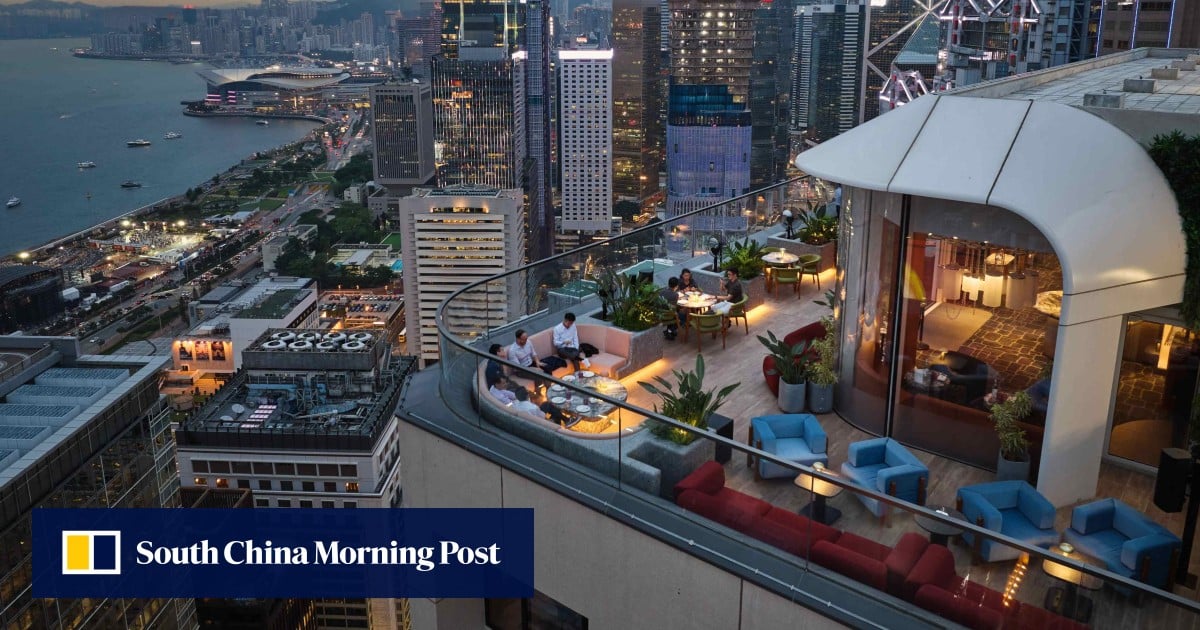That group is Leading Nation, a Hong Kong company founded in 2016 by Gerald Li and Kevin Poon.
In addition to Hong Kong and Singapore, the group has a presence in cities including Tokyo, Manila, and Chengdu in mainland China.
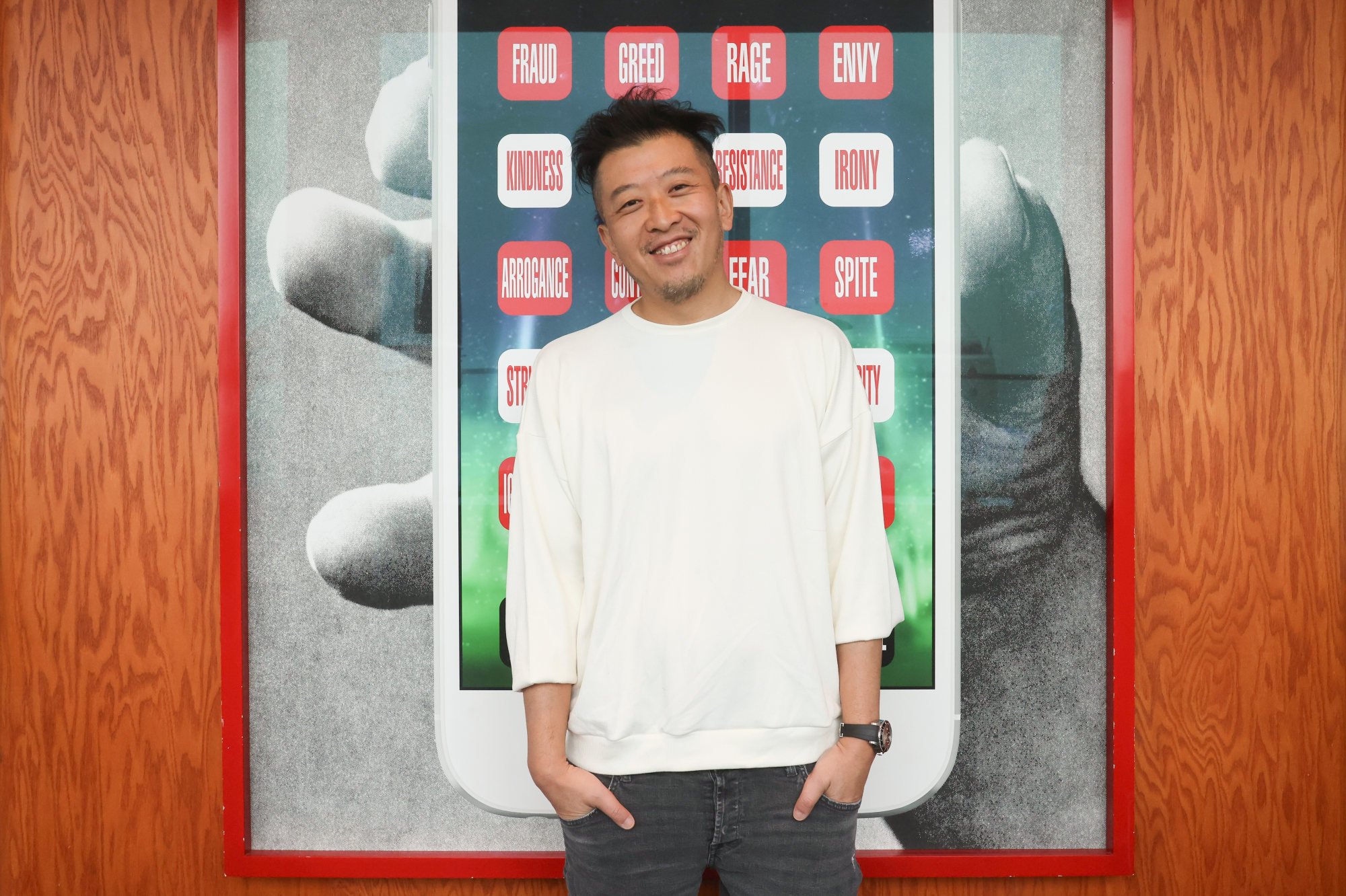
Despite this, Li seemed reluctant to draw any attention to himself and shied away from having the Post profile him or write about his ambitious venture.
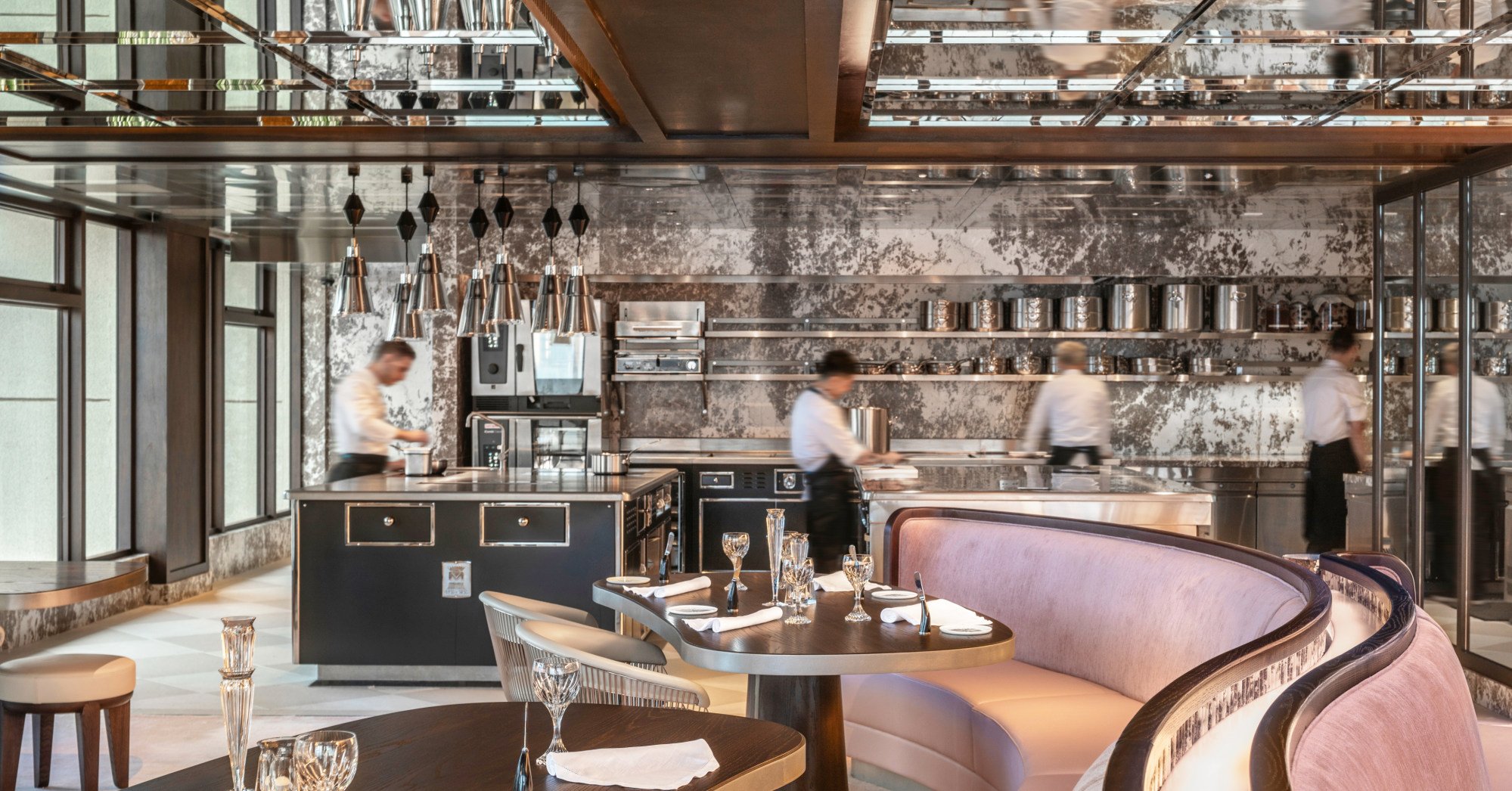
“Looking back, it’s actually [been] more difficult than I thought,” he says, admitting that he perhaps underestimated the scale of the project at the beginning.
“I thought it would just be like, open one restaurant and keep on going. And it really wasn’t.”
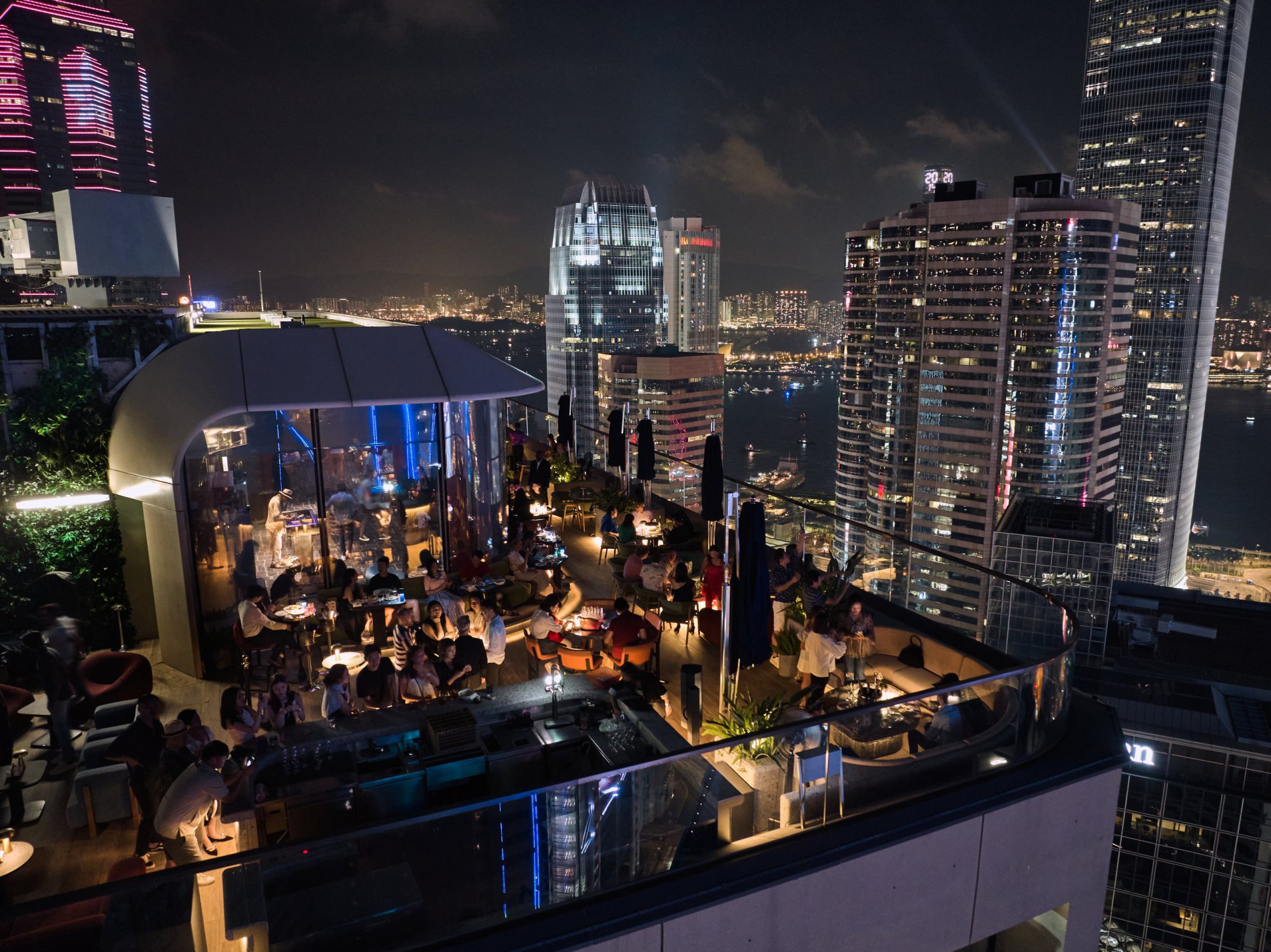
For Forty-Five, Li says he had to ramp up the process while juggling the numerous parties involved, including three different designers and two contractors and a separate party handling just the furniture.
Such champagne-fuelled events have long been familiar to Li, who unexpectedly made his start in Hong Kong’s bar and restaurant scene in nightclubs more than two decades ago.
After graduating from university in Toronto, Li returned to Hong Kong ready to enter law school – and have fun.
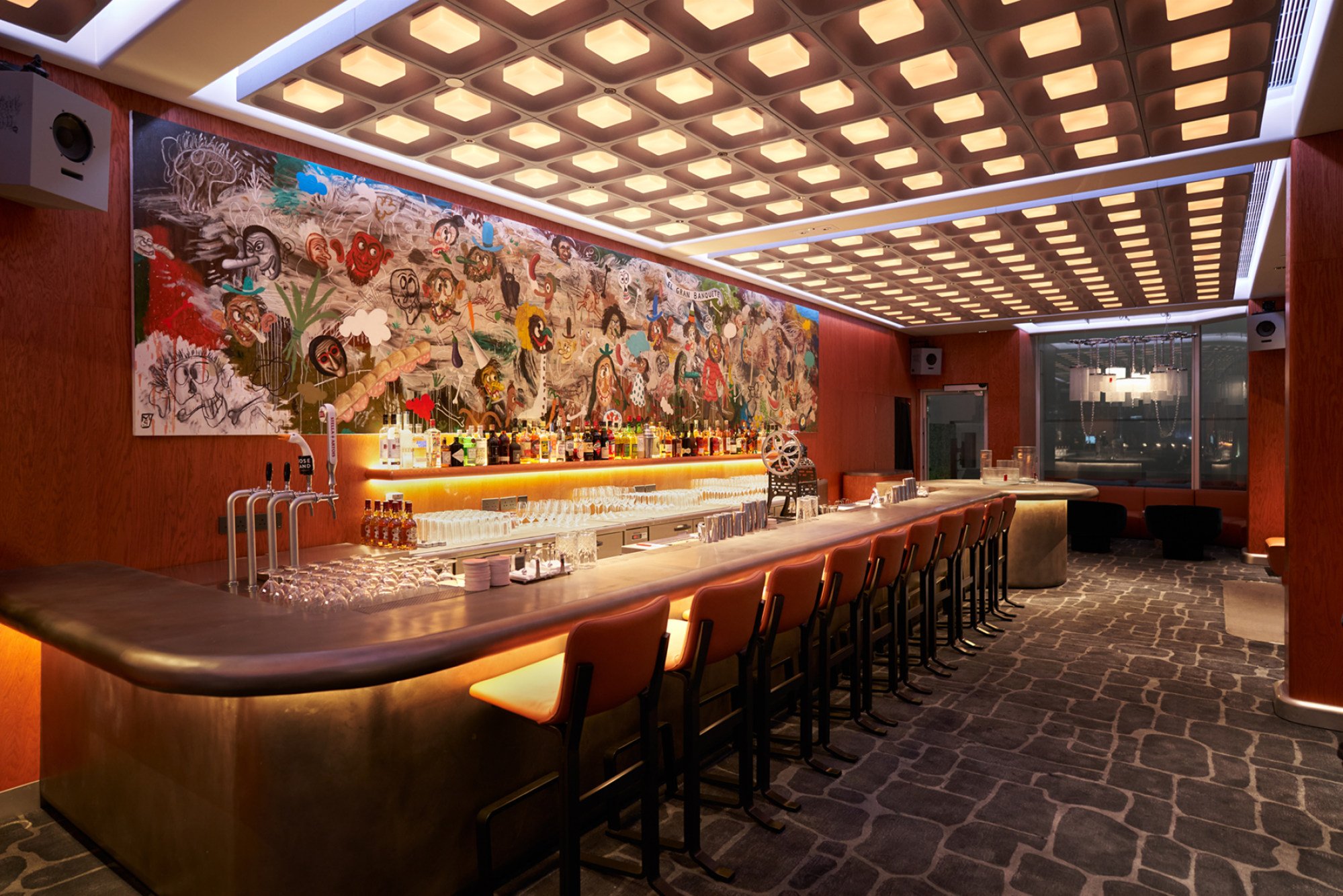
“In those university days [in Toronto], there were all these ‘Asian parties’, you know, hip hop and leather jackets,” he laughs. “That culture wasn’t really built [in Hong Kong] yet.”
With a few of his fellow Torontonians, Li started dabbling in organising DJ parties and music promotion nights at clubs, which eventually led him to Edge, then one of the hottest nightclubs on Wyndham Street, in Hong Kong’s Central neighbourhood.
“I was still in university doing law licensing,” he says. “We did parties for Edge and then we took a cut of the percentages for the bar. And then we just ended up taking it over.”

“That was the heyday when people were spending like crazy,” he recalls.
Buoyed by his success, Li never ended up pursuing law.
A lot of the restaurants and concepts kind of grew from where my life was at the time
From nightclubs, he moved into dining when he was given the opportunity to help open a modern Japanese restaurant in Beijing’s central business district before the city staged the summer Olympic Games in 2008.
Makoto, an ambitious 12,000 square foot (1,110 square-metre) restaurant in a luxury office building, was named after its launch chef Makoto Ono – a Japanese-Canadian from Winnipeg who was crowned Canada’s Culinary Champion in 2007.
It was actually Li’s mother who met Makoto first in Canada; she connected the chef with her son when she learned that he was looking for someone to head the project in China.
The two fast became friends, and while the restaurant was covered favourably in Beijing media, that wasn’t enough. “We did it for a year, and then it failed miserably,” Li says, glumly.
Several factors contributed to Makoto’s demise; not only was the office location not ideal, but Li quickly realised that being an outsider in China made things more difficult. “Beijing wasn’t like what it is now. We had a lot of failures, from margins to staffing to not knowing the market.”
After the restaurant closed, Li and Makoto – disenchanted by how the business had been run by their partners – decided to open their own venture in Hong Kong.
The private kitchen Liberty Private Works launched in 2009 on Stanley Street, Central; the name, Li says, was a nod to how they felt free from the drama of the previous project.
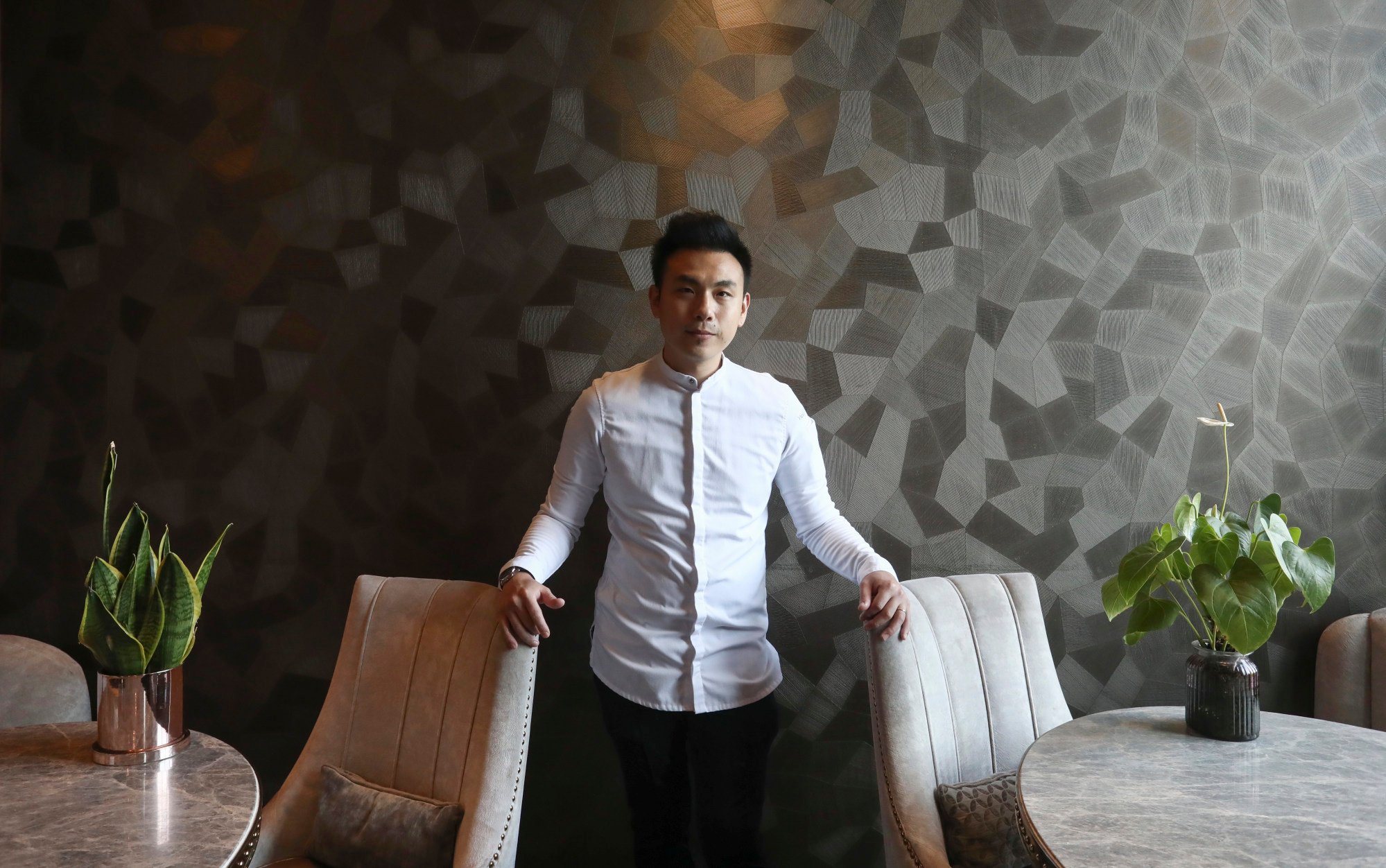
“A lot of the restaurants and concepts kind of grew from where my life was at the time,” Li says.
From his club days to maturing into a restaurateur, it has been a long road to the top. Li is grateful for the “strong bonds” he has formed with his staff over the years, many who have been with him since Leading Nation’s early days.
“If I have that connection, and I have that trust, I can show them that they can continue improving,” he says. “And then they’ll continue helping me grow the company.”
He will need the support. Later this year, Leading Nation will go beyond opening its own restaurants – it will be consulting on the Kimpton Hotel and Restaurant Group’s food and beverage venues, adding another layer to its portfolio.
With that said, Li says he is going to take a “safer” approach to growing in the near future.
“We did do nine restaurants in 12 months,” he quips.

